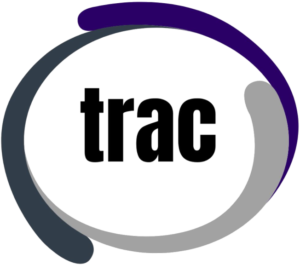
EMPLOYMENT FRAUD WARNING
Employment fraud is a significant issue in Canada, targeting job seekers through various schemes designed to steal personal information, money, or both. Here are key points to help identify and avoid employment fraud:
Common Types of Employment Fraud
Employment fraud is a significant issue in Canada, targeting job seekers through various schemes designed to steal personal information, money, or both. Here are key points to help identify and avoid employment fraud:
- Research the Company:
- Verify the company’s legitimacy through their official website and reviews.
- Check Contact Information:
- Ensure that emails come from a company’s official domain, not free email services.
- Do Not Share Personal Information:
- Avoid sharing sensitive information until you are certain of the job’s legitimacy.
- Report Suspicious Activity:
- Report suspected fraud to the Canadian Anti-Fraud Centre or local authorities.
- Be Cautious with Upfront Payments:
- Do not pay for job opportunities or training materials.
Reporting Employment Fraud
- Unsolicited Job Offers:
- Receiving a job offer without applying or being interviewed.
- Immediate Job Offers:
- Legitimate employers typically require interviews and background checks.
- Requests for Personal Information:
- Be cautious if asked for Social Insurance Numbers, bank details, or other sensitive information early in the process.
- Upfront Payments:
- Legitimate employers do not ask for money for training, uniforms, or materials.
- Poor Communication:
- Look out for emails with poor grammar, spelling errors, or unprofessional language.
- Vague Job Descriptions:
- If the job description is unclear or overly broad, it may be a scam.
Resources

career & volunteer opportunities
Opportunities at the Hub

Employment Navigation tool
Opportunities around Ottawa
How to Protect Yourself
- Research the Company:
- Verify the company’s legitimacy through their official website and reviews.
- Check Contact Information:
- Ensure that emails come from a company’s official domain, not free email services.
- Do Not Share Personal Information:
- Avoid sharing sensitive information until you are certain of the job’s legitimacy.
- Report Suspicious Activity:
- Report suspected fraud to the Canadian Anti-Fraud Centre or local authorities.
- Be Cautious with Upfront Payments:
- Do not pay for job opportunities or training materials.
Reporting Employment Fraud
If you encounter or fall victim to employment fraud, take the following steps:
- Report to Authorities:
- Contact the Canadian Anti-Fraud Centre at 1-888-495-8501 or visit their website.
- Notify Job Boards:
- Report the fraudulent listing to the job board or website where you found it.
- Alert Your Bank:
- If financial information has been shared, contact your bank to secure your accounts.
- File a Police Report:
- Inform your local police department about the fraud.
Staying informed and vigilant is crucial in protecting yourself from employment fraud. Always verify the legitimacy of job offers and companies before proceeding with any application or sharing personal information.


